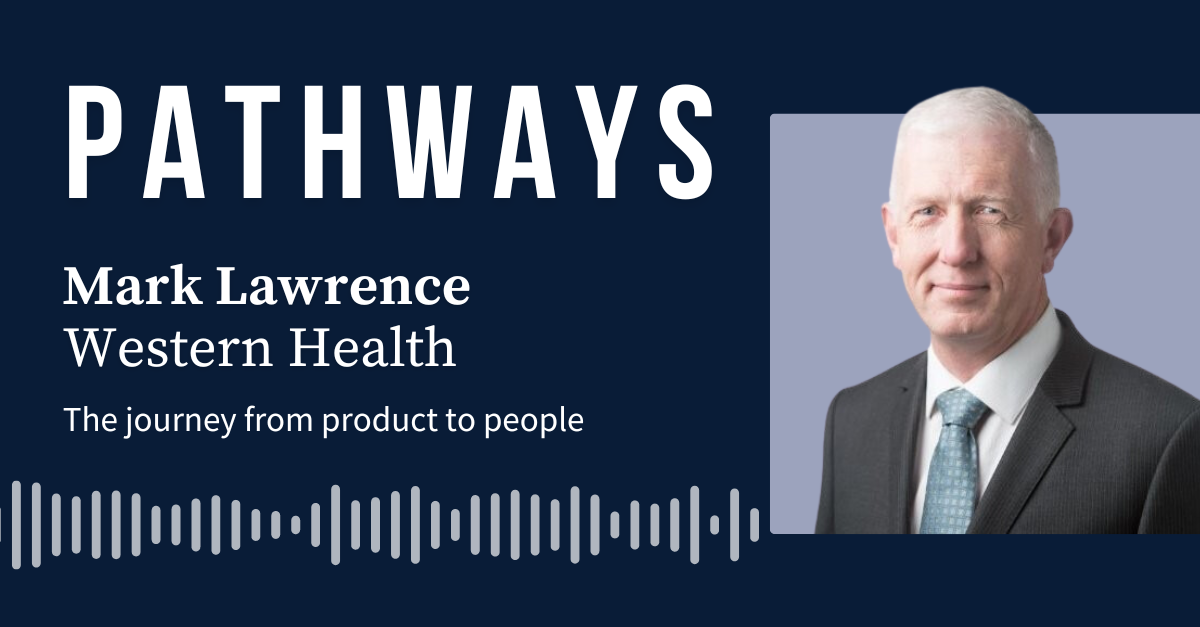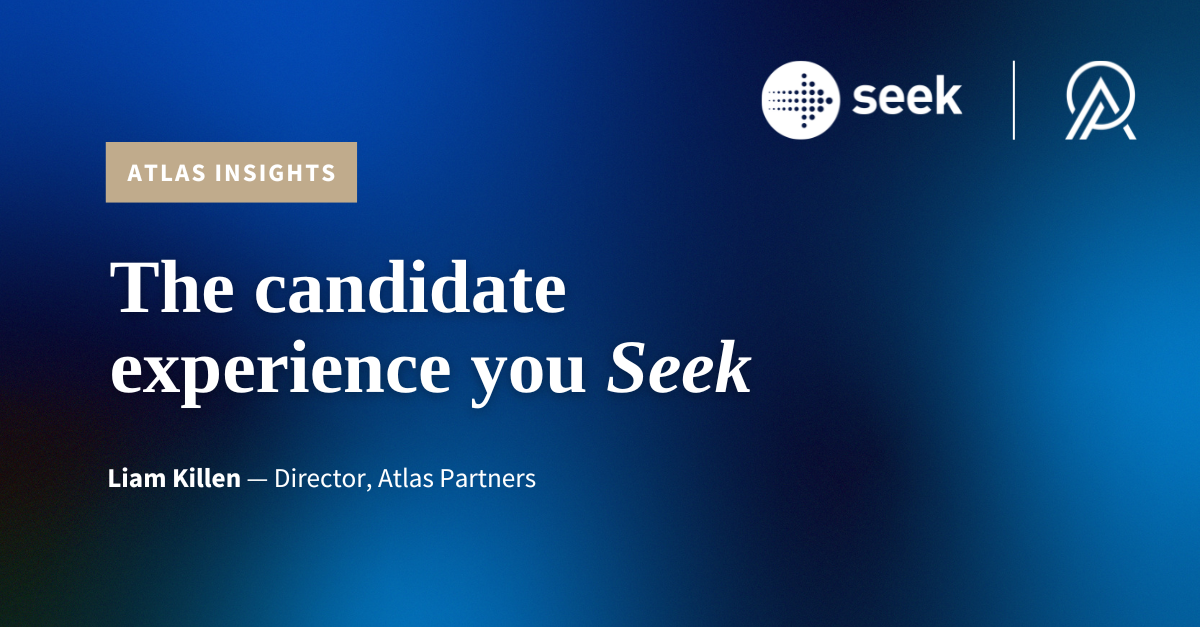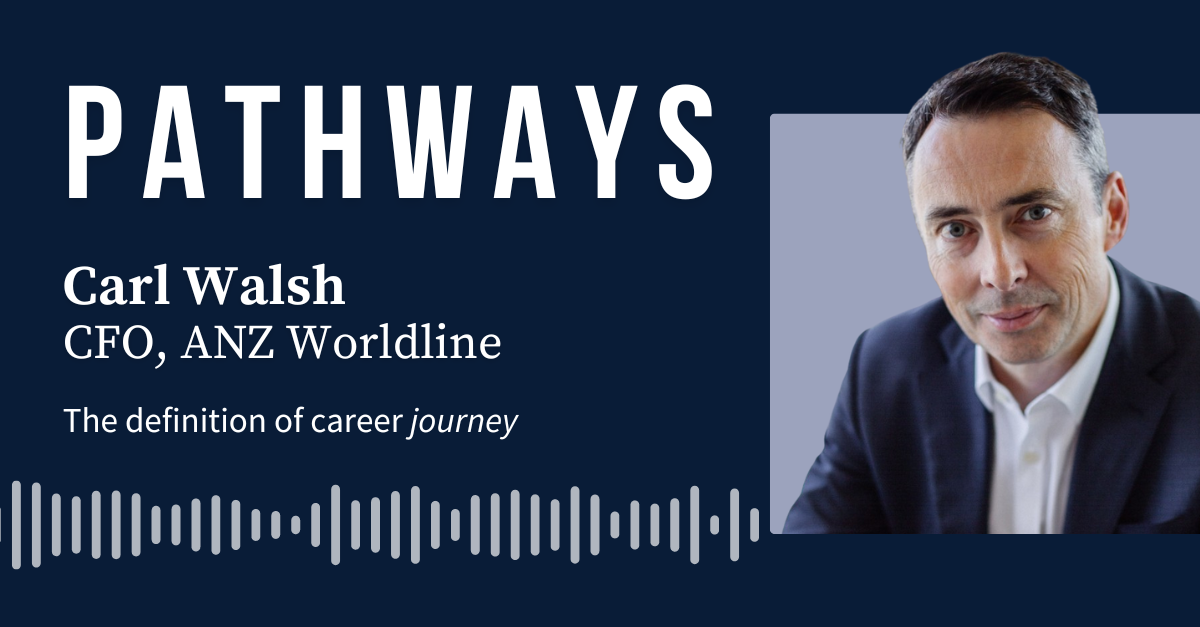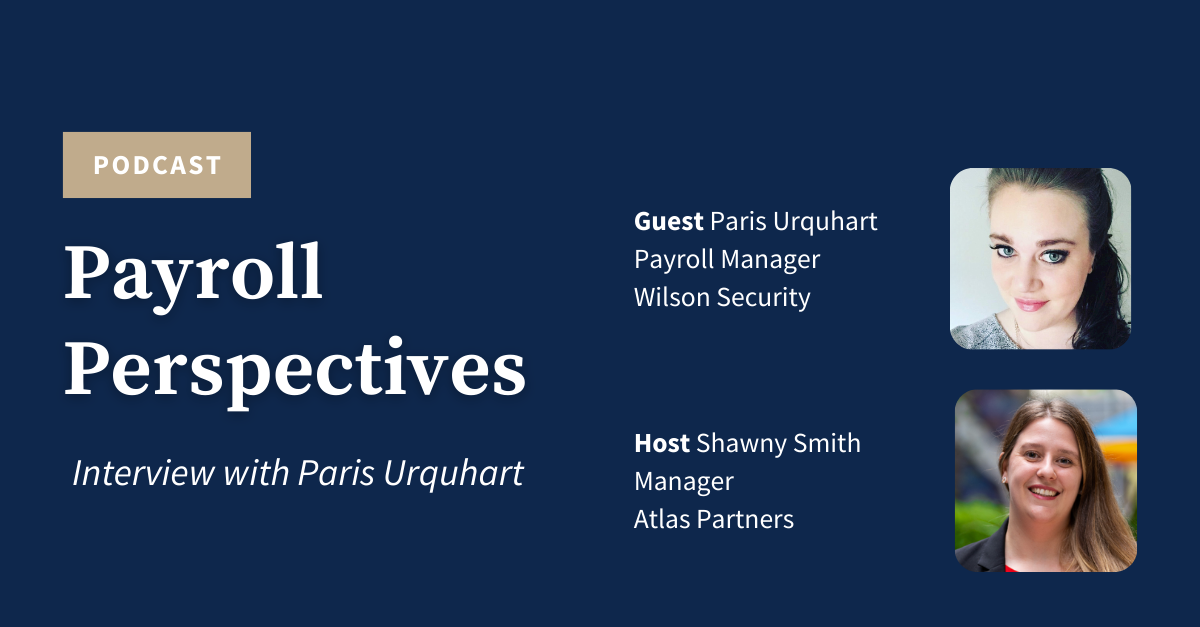
Mark gives his raw and honest account of his transition into public health, his experience coming from the commercial sector and how he sees the immediate future playing out across public health. A direct account of his reflection and prediction.
Craig Gorton, Director of Atlas Partners sits down with Mark Lawrence to talk through his rise to CFO in one of the most challenging industries out there. Mark takes us through his journey from product to people.
Craig: If you could just give me a bit of a summary of career to date, including the early days and your foundational learnings that you still use today.
Mark: Hmm, so career to date. The problem with that is that it’s over 40 years now so that’s a long period to try and summarise. I can break it into some chunks though.
Early days, unfortunately, I didn’t have a passion for anything in particular such as engineering or music or painting or something. I could see that I was going to end up in business and I thought a business degree was the logical thing to do and that turned into being accounting.
Early days, the memory of that is making lots and lots of mistakes because I’m young, so foundational learnings from early on, there’s not much that I would take forward. I’d say I had to unlearn a lot of things, in terms of being a manager, in terms of being a CFO, it’s actually the last 10 years where I’ve learnt the most and developed the most, not the early days. I started off doing purchasing, warehousing, all sorts of different things like that. The big turning point for me, I suppose, was when I joined Amcor and I’m happy to quote their name because I really only have positive things to say about Amcor.
They taught me a lot about being an accountant, about getting the fundamentals right, technical stuff. But they also had an incredibly collegiate group of accountants, and you’ve got to give Amcor management the credit for having developed that. I could call anybody in any state at any time, and then there’d be a colleague, a friend, someone I’d spoken to, asked for support, asked a question. It was a terrific place to work in that regard. That was from probably about the age of 30 to 40. That was a lot of development and in some ways, I regret that I left, although I’m privileged to be where I am now. But I got to a point where the Division I was working with was going to be shut down and then it was a matter of, I can move on and do something different, or I can stay with Amcor. At that point I thought that I wanted to do something different.
It’s hard to describe any foundational learning other than they simply taught me process and how to do the technical side reasonably well. It also taught me the value of teamwork although that is such a hackneyed phrase. Let’s say it was simply the collegiate thing of building relationships between people in the organisation such that you feel that you are all in it together.
Craig: Walk me through that journey into healthcare from Amcor. What was the thinking there getting into healthcare and was it what you expected?
Mark: Amcor is manufacturing and I had been in a manufacturing company prior to getting to Amcor. In manufacturing it’s 90% equipment, 10% people. The equipment runs 24/7. It’s about production and throughput and all those sorts of things. It’s very arithmetic and you can work out budgets from first principles. It’s all quite straightforward and that is appealing in a way because it makes sense to you when you work it through. But I thought, well, look, I’ve been in the 90/10, 90% capital, 10% people, I would love to try the other side of things and go into something service orientated 90% people and 10% capital. A healthcare role came up and I thought, there is exactly the opposite of what I’ve been doing, it’ll be much more about people and so on and that’ll be interesting. So, I dived into it.
In terms of was it what I expected? Well, in some ways. I can say that manufacturing in part was tough. It was almost brutal on people, performance was critical and if you didn’t perform, you didn’t survive. Healthcare was a somewhat kinder and gentler place to work, but it was also shocking and it was shocking because it was so hard to get anything done! The culture is radically different and in a sense, I’ve been trying to change the culture ever since I got into healthcare to be a bit more towards what I had experienced growing up through Amcor.
To give an example, in healthcare, people believe you can’t do anything without forming a committee. You’ve got to have a steering committee, a working group, whatever it is, it’s impossible to move forward without a committee. Amcor had one committee, I think for an organisation that was huge, which was a capital review committee, there were no committees anywhere else. You didn’t use committees to manage, it was about personal accountability, personal responsibility, personal action. Move to healthcare and when you ask who’s in charge, they want to point to a committee. If you really want to get things done in a timely manner, you’ve got to have somebody that takes responsibility.
Having a committee doesn’t mean you don’t talk to people, it doesn’t mean you don’t work with other people it doesn’t mean you don’t communicate, but the healthcare culture is poor in that sense. I don’t form committees, I’ve been in healthcare now over 20 years, I did create one which was the capital committee because the capital processes were so bad. Otherwise, I’ve disbanded several and when I want something done, I simply point my finger at someone and say you’re it. You’re responsible. I need you to deliver on that.
There are many parts of healthcare that I like but it could benefit a lot from a bit of a culture shift away from that way of working. I’ve tried to do that where I am, but it’s so ingrained that even though every member of the Executive will say, “Sorry Mark, I’ve formed a steering committee” and look sheepish doing it, it doesn’t stop them doing it. I can tell you that at Western Health, we would have well over 100 committees. It is not the way to work.
That’s an awful lot on just one issue, but I was just trying to say the culture shock is intense. It’s very, very, very different. I suppose the other big thing I learnt quickly from working in public health, is that it is ultimately ruled by politics. So the chain, that goes up through the organisation of the Department of Health, leads eventually to the Premier’s office, and it was a shock to find that a lot of decision making carries that political leaning to it. As opposed to just simply, what’s the best thing for public health? That was a shock to learn. I can understand it, but I was shocked by it.
Craig: You mentioned you have just over 20 years experience in public health finance leadership. What’s your view on the future of CFO within public health?
Mark: Very, very tough at the moment. I would hesitate to suggest anyone take on one of these roles at this point. I’m talking Victoria, but I suppose it’s a similar in other states. Financially the government is battling with huge debt which came out of COVID but there have been massive EBA increases to medical staff of all persuasions, and there’s also been other things that we’ve simply had to put in place, the demands on the services, the growth of the service.
The complexity of patients increases and the ITC backbone that we wish to put in is very, very expensive and is not funded specifically. Most of the health services are struggling financially and I think the next couple of years are going to be very difficult.
Extremely difficult to manage within budget, even though there will be a very strong direction from the department and coming down from higher above to operate within budget. I can see some exceptionally difficult decisions being made. At this point I can’t see how we’re going to do it. It almost feels like we’re being set up to fail. It’s going to be that tough.
It feels a bit bleak, but then I suppose if you’re someone who relishes a challenge and a difficult circumstance, and you can see personal growth and so on through that, then this is the place to be because you will be tested.
Craig: What would be your top three lessons you’ve learned as a CFO?
Mark: The thing about a CFO is, first of all, you have to be able to operate at the strategic level—where the organisation is going—and at the same time be able to handle the details. You sometimes get people who are great strategic thinkers but don’t want to deal with the nuts and bolts, or you get someone who loves all the details but can’t step back. You must cover both of those things. That’s what distinguishes a CFO from another level of accounting. You must operate at both levels. In terms of the details, you have to get under the skin of issues and make yourself an expert until you understand it. You might then pass it off to someone else to operationalise, but understanding it first is crucial. Skating across the top of things makes it hard to provide useful direction or assistance.
A CFO is a manager like any other, and the key to management is other people. A lot of accountants, including myself, aren’t natural people managers. I’ve tried to improve my people management over the last ten years. In my early manufacturing years, it was very directive—issuing orders. In some circumstances, that’s fine, but usually asking questions is better. When managing staff, being kind is more important than being clever. Early on, I felt I needed all the answers, but now I try to push staff to take ownership of problems and develop their own solutions. In the end, I may give guidance, but I avoid issuing directives from the top and instead guide and support.
Craig: Great advice. If you could, please share your views on mentors and anyone who has had a strong influence on your career?
Mark: I had one mentor early on when I was struggling with where I was going and what kind of job I wanted. He was an accountant and helped me see what I could do with that as a career, where it could take me. He kept me going until I got my degree and did the work. As a CFO, my responsibilities extend beyond finance to capital development, ITC, procurement, and more. He was important to me, and we kept in touch for many years.
The harder lessons I learned on my own through making mistakes and receiving feedback. For instance, I used to be quite reactive, but someone pointed this out to me. I learned to internalise my reactions and find better ways to respond. If you listen, people will give you feedback. Take it on board and change your behaviour without changing who you are.
Craig: What advice would you give future leaders?
Mark: Future leaders aren’t different from current leaders. Despite the pace of change, leading people requires kindness, support, and being human. Let your team see that you don’t have all the answers and that you struggle too. It’s okay to say, “I don’t know. What do you think?” Being vulnerable isn’t about oversharing but showing you’re a person doing your best. Don’t expect perfection, just that mistakes aren’t repeated. Create an environment where making mistakes is okay and focus on improvement.
When I started, leadership was all command and control—issuing orders with no regard for how the troops felt. I had to unlearn that over many years. Future leaders need to avoid managing like that. Leadership isn’t natural to most people, and it’s something you learn as you go. Avoid the pitfalls, and just be human about it.
Craig: Great advice. Finally, what’s your favourite book and why?
Mark: My favourite book is “Jack of Shadows” by Roger Zelazny. It’s a fascinating science fiction novel with intriguing ideas and complex characters. The main character is a thief who, despite being unlikable and totally self-absorbed, for some reason helps one particular person without expecting anything in return. In the end, that person saves him. I’ve often reflected that doing things for others without expecting anything in return can lead to unexpected rewards.
Craig: Fantastic. Thank you, Mark. I’m sure there will be a few copies sold after your insights. Thanks for joining us and for the advice.
Mark: Thanks, Craig. Pleasure.




